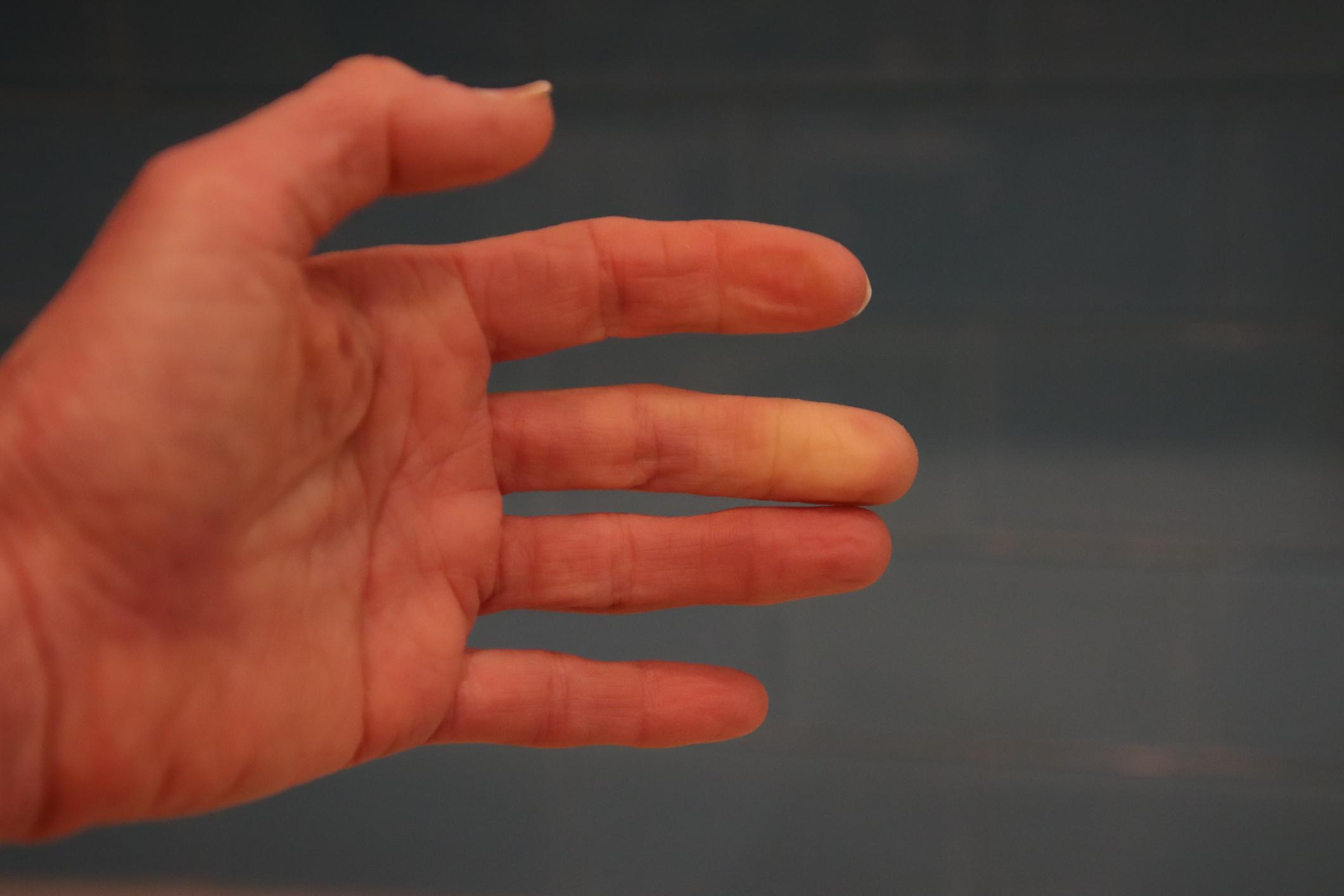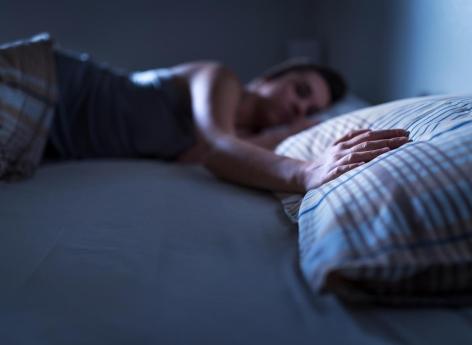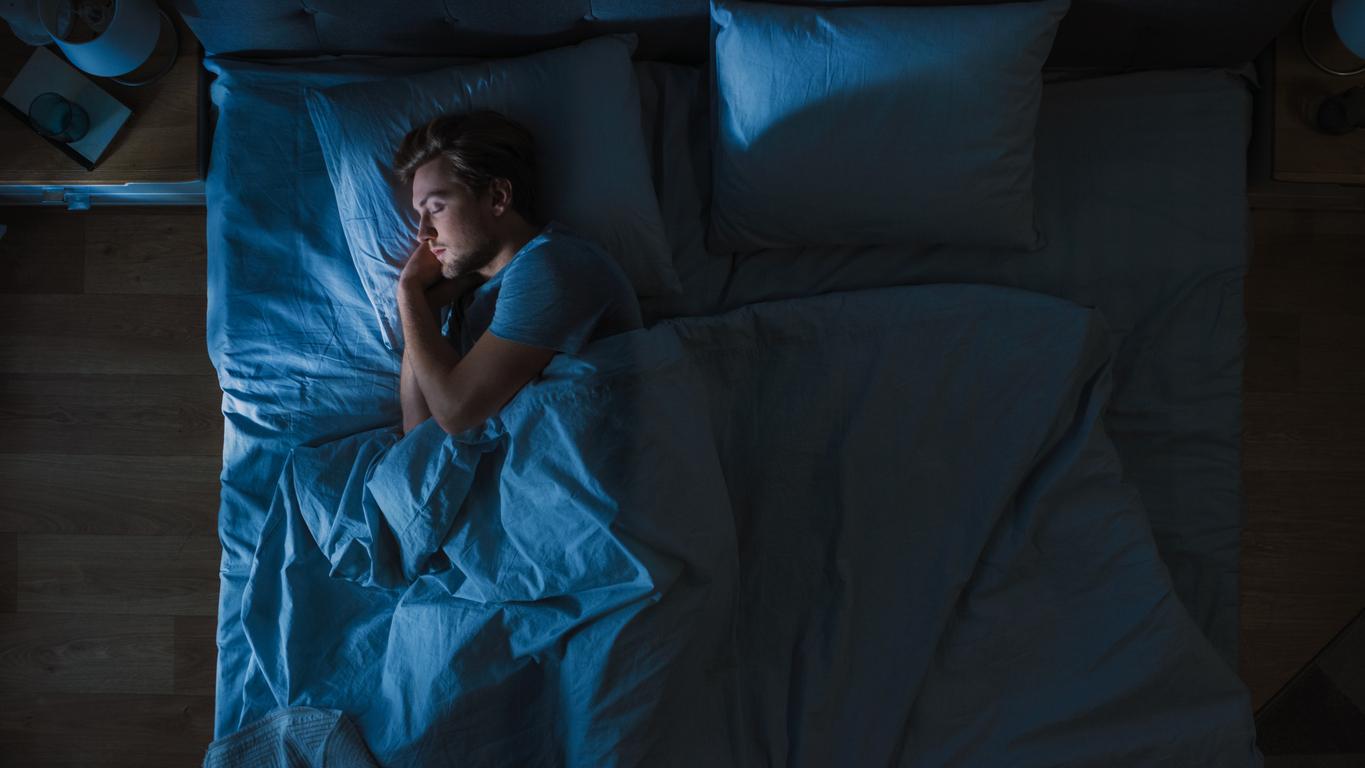The bipolar disorders are characterized by alternating manic phases with excitement, irritability, effervescence, and phases of depressioncharacterized by great sadness and apathy. These disorders have both environmental and genetic causes. On the gene side, those controlling circadian cycles (cycles of alternation between wakefulness and sleep) could be involved, according to a study published in the journal PNAS and conducted by researchers in neuroscience and psychiatry from universities in the United States, Colombia, Great Britain, Costa Rica and Guatemala.
Closely related bipolarity and circadian cycle
Researchers have been interested in sleeping troubles and circadian activity because they generally precede the first manifestations of bipolarity. They therefore set out to describe the sleep and waking characteristics of 558 participants, including both bipolar people and members of their close, non-bipolar family. Their work has identified 13 genetic traits linked to the quality of sleep/wake cycles and present more frequently in bipolar people than in their relatives. These traits include the duration of the wake phase, the duration of the sleep phase, the amplitude of the sleep/wake cycle, the intensity of the peak of activity, the variations in activity from day to day. , the average activity between midnight and six o’clock in the morning, the time to fall asleep or the number of awakenings during the sleep phase. This research has shown that sleep was shortened and activity phases more intense and more frequent before and during manic episodes. Second conclusion of this work: depressive episodes are accompanied by long nights and periods of short, low-intensity activity. Finally, the researchers were also able to identify the position of certain genes responsible for these sleep disorders. “This relationship between genome and cycle stability over time offers us the opportunity to identify gene sequences that contribute to the biological causes of this disorder.” underline the authors of the study. A better understanding of these genetic factors would make it possible to develop more adapted and more effective treatments.
In France, the prevalence of bipolar disorder is estimated at 2.5% of the general population. But this figure could be very largely underestimated, according to the High Authority of Health.
>> To read also:
Bipolar disorder: the smartphone could detect mood swings
Better to have too short nights than a choppy sleep
Creativity and mental illnesses would have common genetic roots
Unusual: discovery of a sleep gene thanks to flies


















